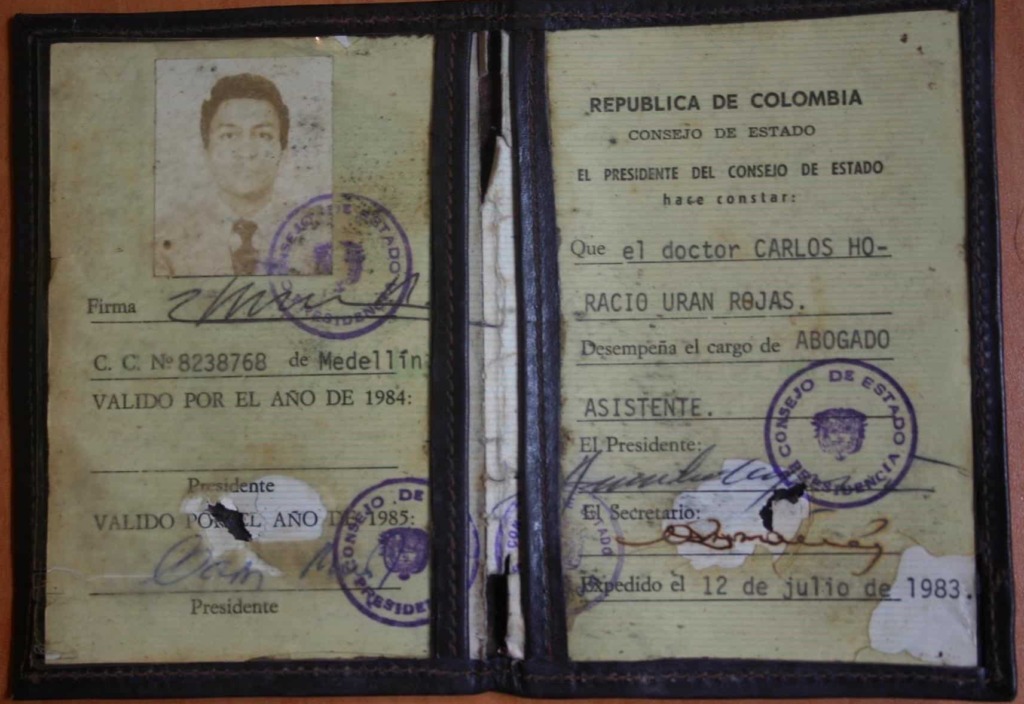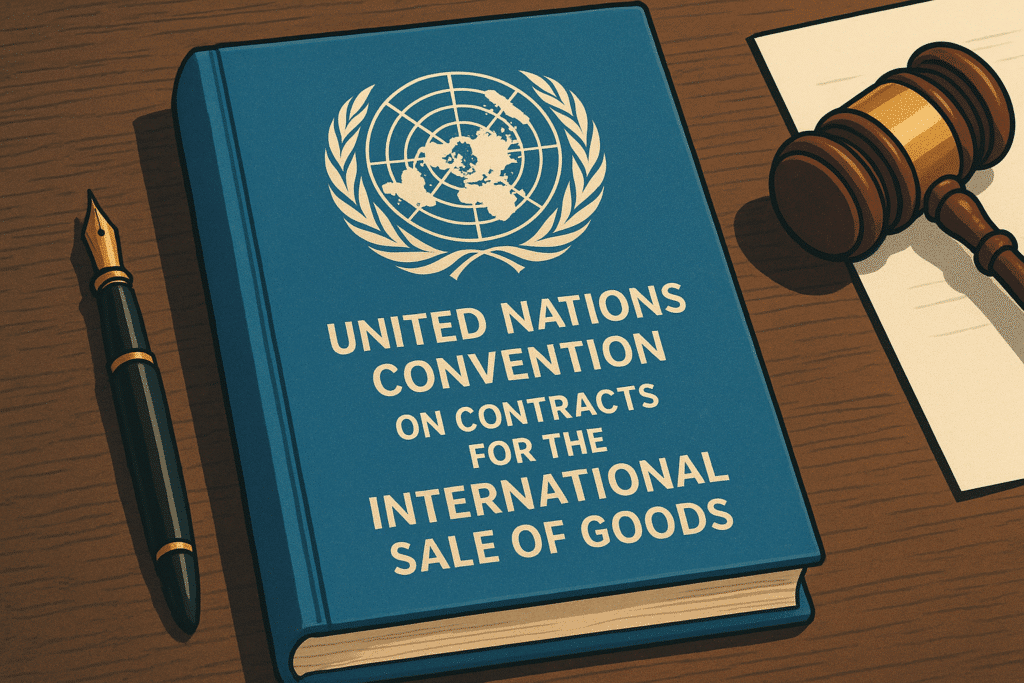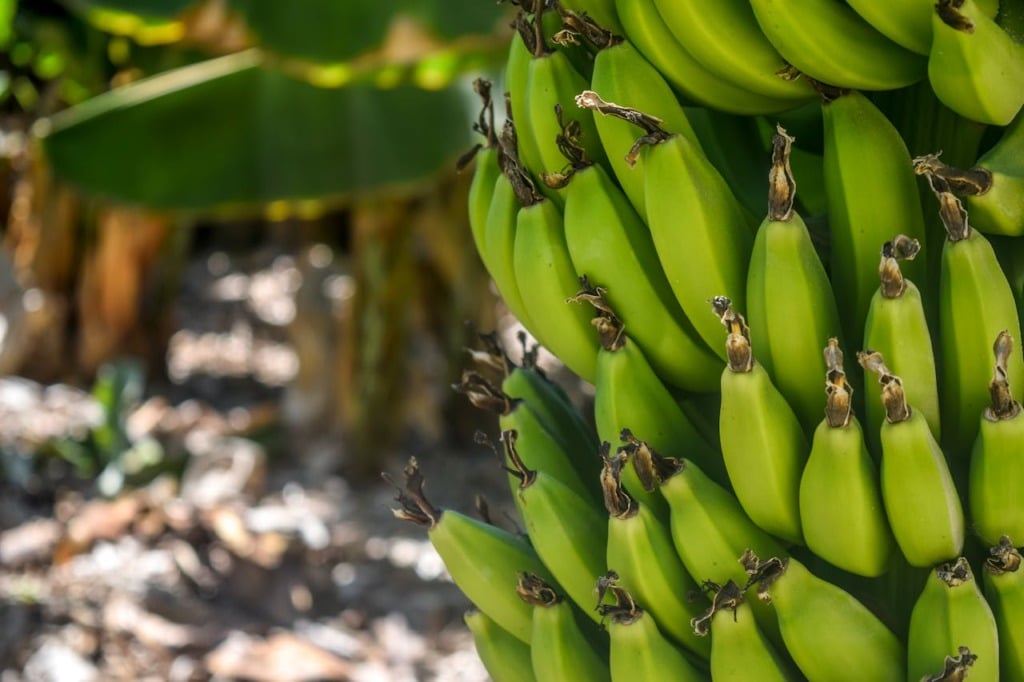Exhausting Remedies Under the TVPA
In 1992, Congress passed the Torture Victim Protection Act (TVPA) to create an express cause of action against individuals who, under color of foreign law, commit torture or extrajudicial killing. The TVPA has an exhaustion provision requiring courts to dismiss claims under the provision “if the claimant has not exhausted adequate and available remedies in…
Continue ReadingSupreme Court Grants Cert in Holocaust Expropriation Case
The Supreme Court granted cert this morning in Republic of Hungary v. Simon to consider further questions under the expropriation exception of the Foreign Sovereign Immunities Act. In Republic of Germany v. Philipp(2021), the Supreme Court held that the expropriation exception does not apply to a government’s taking of the property of its own nationals….
Continue ReadingOverlooking the CISG
The United Nations Convention on Contracts for the International Sale of Goods (CISG) entered into force in 1988. Its stated goal is to harmonize the law of sales across many different countries, thereby making it unnecessary for courts in these countries to perform a choice-of-law analysis when the dispute involves an international sales contract. The…
Continue ReadingChiquita Liable for Financing Colombian Paramilitary Death Squads
In a win for international human rights advocacy, a Florida jury has found a U.S. corporation liable for human rights violations committed in a foreign country. This first of three “bellwether” trials involved nine cases. Hundreds remain to be tried in this multidistrict litigation. The jury’s verdict is the latest development in a civil case…
Continue ReadingFifth Circuit Applies Act of State Doctrine in Holocaust Art Case
Does the act of state doctrine apply to mistakes? On May 29, 2024, the Fifth Circuit held in Emden v. Museum of Fine Arts, Houston that the doctrine bars a claim for return of a painting that the Dutch government gave to the wrong person after World War II. There were several copies of this…
Continue ReadingSupreme Court Denies Cert in Fighter Jets Case
This morning, the U.S. Supreme Court denied review in Blenheim Capital Holdings Ltd. v. Lockheed Martin Corp., a case asking whether the purchase of fighter jets and other military equipment is a commercial activity under the Foreign Sovereign Immunities Act. Despite a circuit split on the question, the Solicitor General recommended that the Supreme Court…
Continue ReadingRoundtable in International Business Law
The Dennis J. Block Center for the Study of International Business Law at Brooklyn Law School is organizing a Roundtable in International Business Law. The Roundtable will take place on September 27, and proposals are due by June 28. The call is here.
Continue ReadingThrowback Thursday: Empagran’s Complicated Legacy
Twenty years ago tomorrow, on June 14, 2004, the Supreme Court handed down its decision in F. Hoffman-La Roche Ltd. v. Empagran S.A. The majority opinion, authored by Justice Stephen Breyer, interpreted the Foreign Trade Antitrust Improvements Act of 1982 (FTAIA) to preclude the application of U.S. antitrust law to injuries in other countries. Empagran…
Continue ReadingMicrosoft’s Dispute Resolution Provisions Are (Still) a Mess
Exactly one year ago today, I authored a post titled “Microsoft’s Dispute Resolution Provisions Are a Mess.” In it, I argued that the “Jurisdiction and Governing Law” clause in the form purchase order used by Microsoft and its subsidiaries in 109 countries around the world was “incoherent.” My goal in writing the post was to…
Continue Reading







